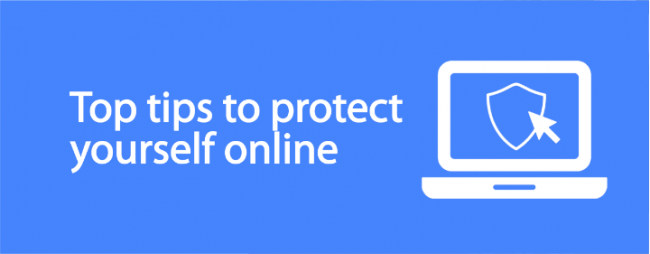According to the South African Bank Risk Information Centre (SABRIC), South Africans lost over R2.2 billion from online scams and attacks in 2013. The internet has become a tool that most people use daily, instead of having a “that will never happen to me” attitude you can use these online security tips to guard yourself against the ill intent of hackers:
- The first step is to educate yourself around internet fraud so that you know what to look out for and what kind of content should raise your suspicion. Find out about phishing attempts (fake emails that appear legitimate to ‘bait’ you into clicking a malicious link), identity theft and credit card fraud as these are some of the most popular cybercrimes.
- Next, you should fight fire with fire, research technologies that are available to block malicious hacking attempts. Antivirus programs that interrogate unsafe links and websites in real-time can give you a heads up when you venture into unsafe online territories, before you’ve given away any sensitive information.
- Pay extra attention to financial sites and links, hackers try and mimic these as best they can to trick you into clicking somewhere you shouldn’t without realising it. A site might read as “adsa.co.za” instead of “absa”, and if you don’t notice this minor difference you might be exposing your personal data.
- Familiarise yourself with a brands corporate identity and logo, so you can pick up if something seems amiss.
- Use certified websites that can verify URLs. These are websites that uphold security certification standards to protect themselves and their users.
Online security and hacking are topics that most people know about, but don’t really take seriously. You might consider taking some precautions knowing that South Africa is the second most targeted country in the world for internet fraud and phishing attacks.
By taking some simple preventative measures, you can protect your personal data from falling into the wrong hands.

